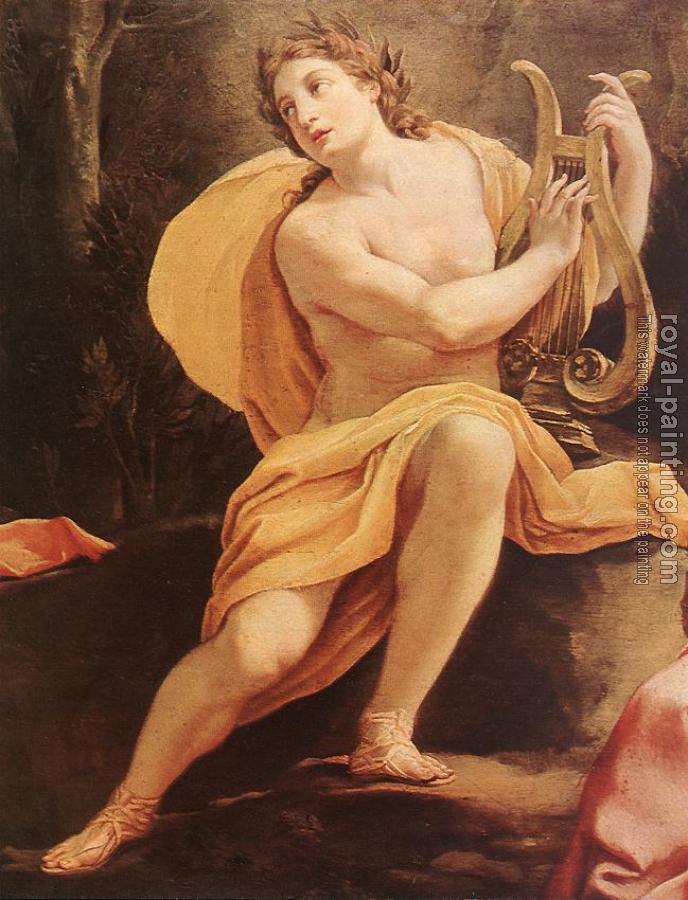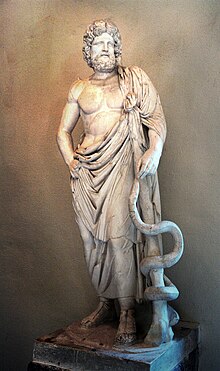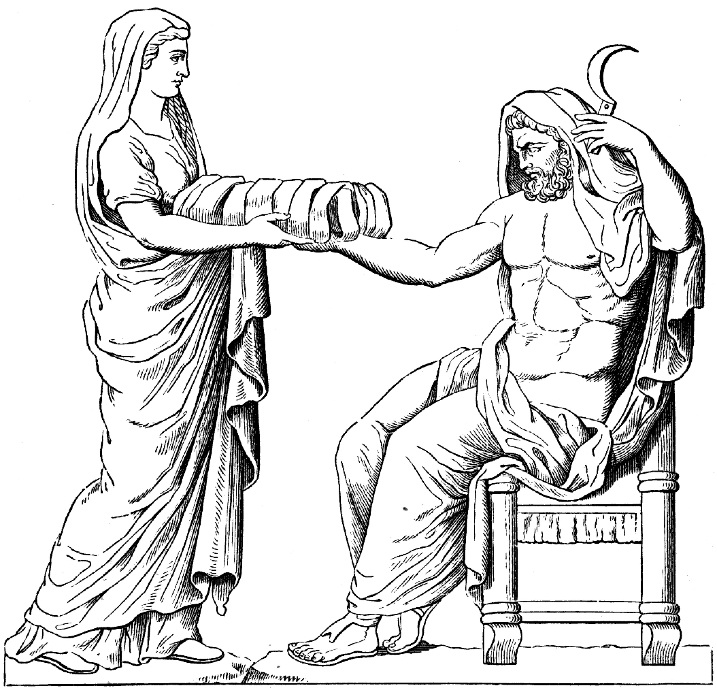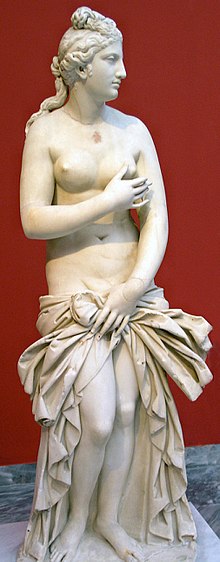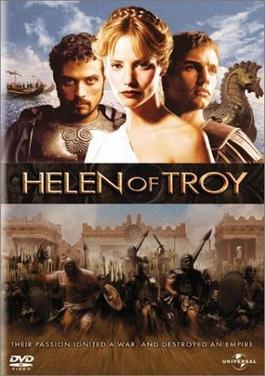He is thought to be the first English person to work as a printer and the first to introduce a printing press into England, which he did in 1476. He was also the first English retailer of printed books; his London contemporaries in the trade were all Flemish, German, or French. In 2002, he was named among the 100 Greatest Britons in a BBC poll.
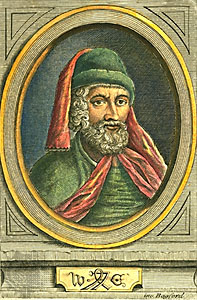
2.James I(the first time England and Scotland agreed to have the same monarch)
James VI and I (19 June 1566 – 27 March 1625) was King of Scotland as James VI from 24 July 1567 and King of England and Ireland as James I from the union of the Scottish and English crowns on 24 March 1603 until his death. The kingdoms of Scotland and England were individual sovereign states, with their own parliaments, judiciary, and laws, though both were ruled by James in personal union.

3.Samuel Johnson( A Dictionary of the English Language)
was an English writer who made lasting contributions to English literature as a poet, essayist, moralist, literary critic, biographer, editor and lexicographer. Johnson was a devout Anglican and committed Tory, and has been described as "arguably the most distinguished man of letters in English history". He is also the subject of "the most famous single biographical work in the whole of literature
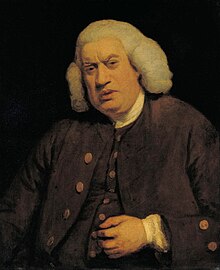
Vocabulary
1. Pre- prefix means"before", "in front of, early"
Example.
Predict(to say something will happen in the future )
Preclude(to prevent something to happen)
Preschool(a school for children between two to five years old)
2.Con- prefix means"with", "together"
Example.
Conclusion(gather all the information in the situation)
Convene(gather people together)
Connection(something that linked with each other)
3.Belligerent/bəˈlɪdʒ ər ənt/adjective-warlike ,fighting a war aggressively.
Example: An veteran likes to speak in a belligerent tone.
4.Mortgage/ˈmɔr gɪdʒ/ noun-which the organization lend you the money and you have to pay it back.
Example-The bank refused in accept any mortgage on land.
5. Mortician/mɔrˈtɪʃ ən/ noun--- funeral director
Example- My uncle is a mortician, he was very professional and careful for every cases he got.
The video
1. It save your time.
2. It make you nicer.

3. It's a cure for loneliness.
4. It prepare you the failure.
https://www.youtube.com/watch?v=4RCFLobfqcw
